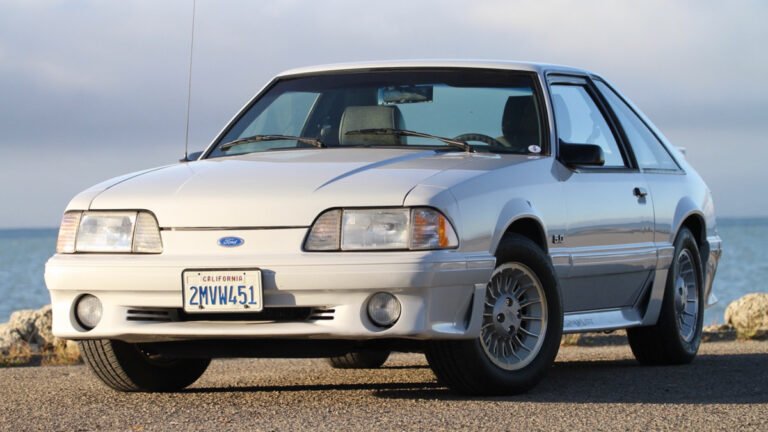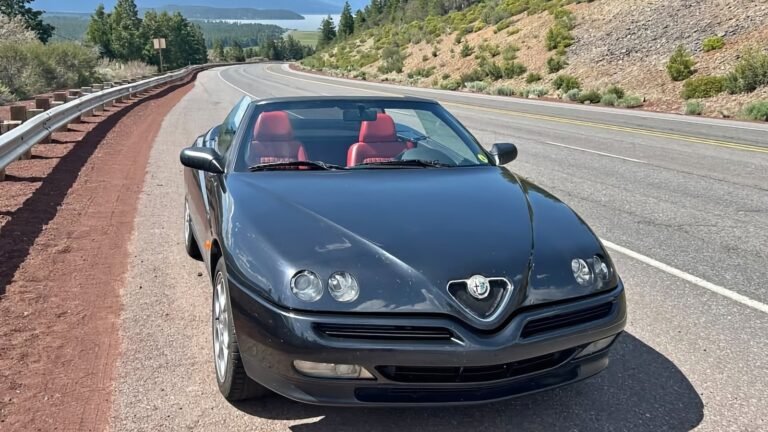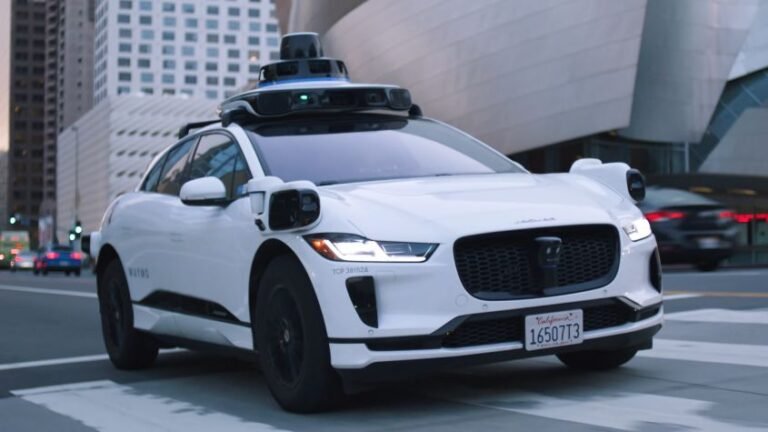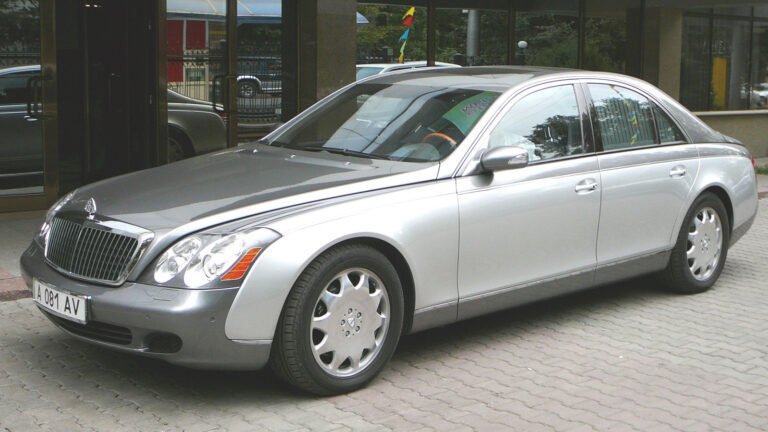A new social experiment from YouTube channel Electrifying handed the keys of two electric vehicles, the Skoda Enyaq Coupé and the upcoming Elroq, to four drivers who openly disliked EVs. The idea was simple, to give vocal critics of electric cars a few days behind the wheel and see if firsthand experience could change their minds.
Each of the participants had voiced strong objections to EVs before the test. Range anxiety, charging times, and a belief that electric cars were “soulless” or “pointless” topped their list of complaints. As one participant put it, they expected EVs to be “boring appliances.” What happened next surprised nearly everyone.
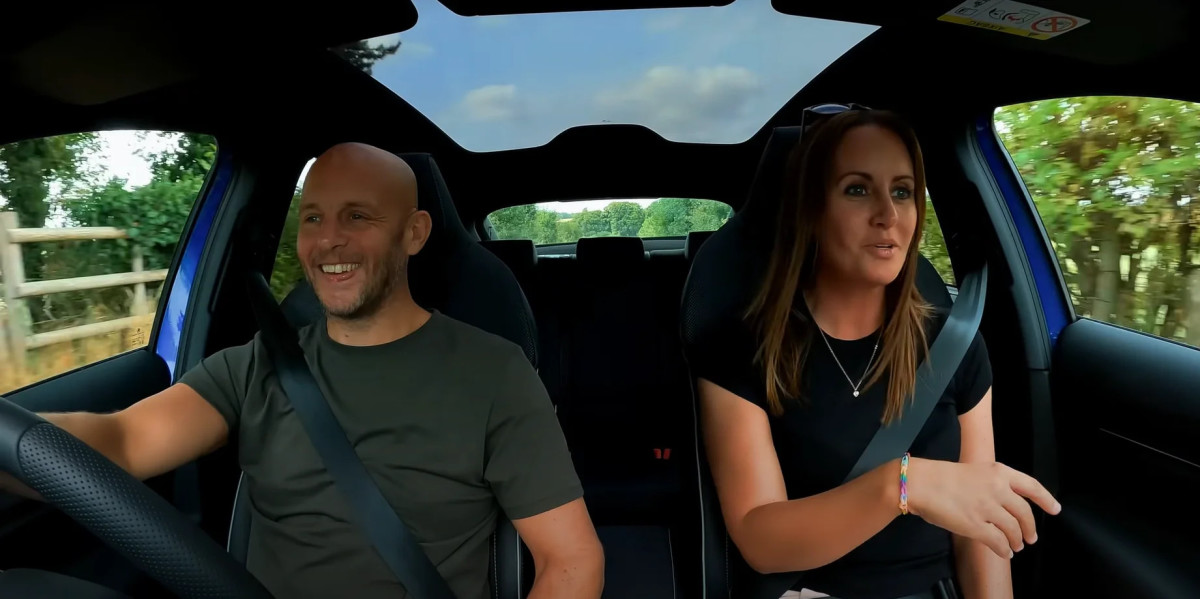
First Drives Challenge Expectations
From the first drive, skepticism began to soften. The participants remarked on the instant torque and quiet ride. One driver described the Enyaq as “gliding,” while another admitted it felt far more refined than expected. Even the most vocal detractor admitted that the range was more than enough for daily use, a finding that mirrors what our own which 2025 cars have the longest range on a single tank or charge breakdown reveals about modern EV capability.
The group’s comments reflected a pattern seen across the industry, many doubts about electric cars stem from unfamiliarity, not flaws. When people drive one for the first time, their perceptions often shift. It’s a small-scale reminder that exposure can be as persuasive as technology itself.
Ford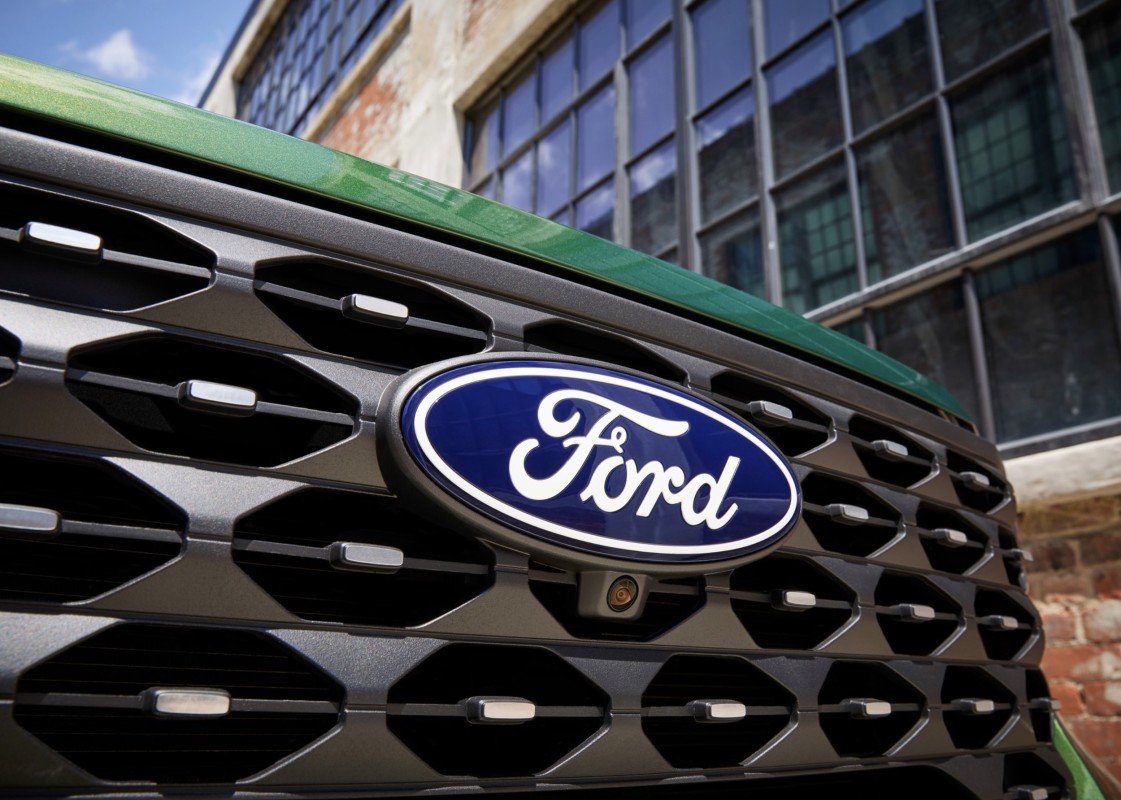
A Broader EV Context
Automakers are banking on that shift in perception. Brands like Ford, for example, continue exploring future electrified versions of traditional favourite. Even for buyers who remain uncertain about full EVs, hybrid and plug-in options serve as an easier bridge toward electrification.
At the same time, manufacturers are competing to make electric cars more affordable, showing that accessible pricing and usable range can coexist. Efforts like these directly address the objections the four test drivers voiced before their trial.
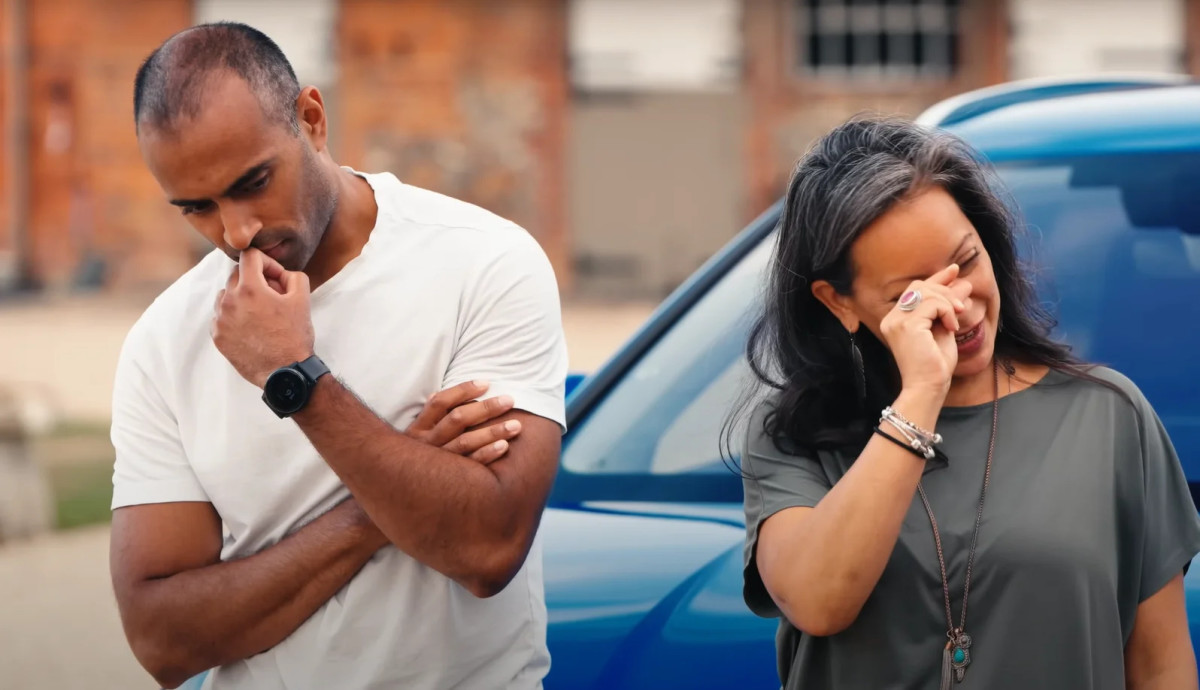
The Outcome and the Lesson
After several days, all four participants admitted their views had changed. None became instant EV evangelists, but each acknowledged that electric cars were better to drive, and far easier to live with, than they’d believed. One driver even started researching used EVs, while another said the experience made her “think differently about what makes a good car.”
The experiment’s real surprise wasn’t that EVs impressed skeptics, it was how quickly driving them shifted opinions. For automakers, that’s validation that the biggest barrier to adoption isn’t necessarily technology, but perception.
